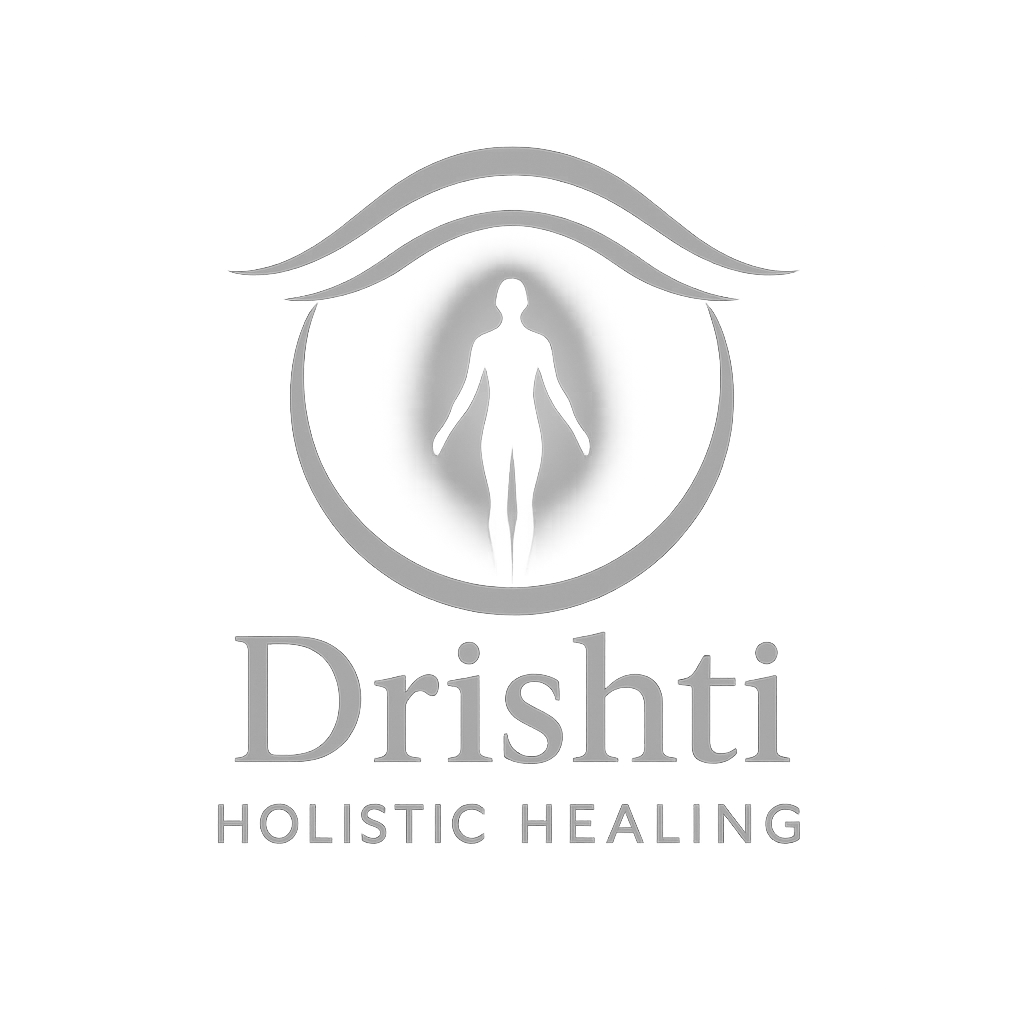It Takes a Village: Rethinking Your Health with a Circle of Care Approach
You’ve probably heard the saying, “It takes a village to raise a child.” But have you ever considered that the same might be true for your health?
Healing, just like growth, is rarely a solo journey. You may find that different individuals, with different expertise and approaches, can offer support at various stages of your well-being like community of support. This is where the idea of a circle of care is important to consider —recognizing that healing can come from multiple directions in a collaborative approach, not just one individual.
In healthcare today, there are three common approaches to consider: conventional medicine, complementary medicine, and integrative medicine. Each offers something unique, and together, they can create a more complete and personalized approach to your well-being.
Conventional Medicine
Conventional medicine is the healthcare system many of us are most familiar with. It’s the modern, evidence-based medical system often referred to as “Western medicine.” Practitioners in this field typically have formal degrees and include professionals such as medical doctors (MDs), nurses (LPNs, RNs), psychologists, psychiatrists, and occupational therapists. This system plays a vital role in diagnosing, treating, and managing many physical and mental health conditions.
Complementary Medicine
Complementary medicine includes health practices that are not typically part of mainstream Western medicine but are used alongside conventional care. These approaches take a natural, holistic healing view, emphasizing the connection between mind, body, and spirit. Which can aid in reducing stress and promoting overall well-being.
Natural products like herbs, vitamins, minerals, and probiotics are frequently used. It’s important to consult your doctor before starting any new supplements to avoid interactions with medications or medical conditions.
Mind-body practices such as massage therapy, chiropractic care, acupuncture, mindfulness, relaxation techniques, yoga, tai chi, reiki, and hypnotherapy help address stress, tension, and energy balance in the body.
Other whole system approaches include systems like Traditional Chinese Medicine, Ayurveda, homeopathy, and naturopathy—all of which focus on restoring balance and supporting the body’s innate healing abilities.
Integrative Medicine
Integrative medicine brings the best of both worlds together bridging the gap. It combines conventional and complementary approaches in a way that is personalized, evidence-informed, and patient-centered. The goal is to support the whole person, not just an individual symptom(s) with a personalized approach that works best for you.
This approach is especially useful in areas like chronic pain, stress management, anxiety, nutrition, and recovery after illness (such as cancer). It can include the guidance of health coaches, personal trainers, counsellors, and other lifestyle professionals. Guiding behavior change, emotional support, and practical tools to help you feel empowered with your journey in healing.
Final Thought
You don’t have to choose one approach over the other. Instead, think about creating or considering who is in your own circle of care—surrounding yourself with the practitioners, therapies, and support systems that align with your values, needs, and healing goals.
Your health journey is personal, and you do not need to navigate it alone. There’s strength in reaching out and wisdom in combining different perspectives of professionals. Whether it’s a doctor, a massage therapist, or a breathwork coach, each one can play a part in your healing story.
References
Holly Tiret, Michigan State University Extension. (2017, September 26). Understanding different types of healthcare approaches. MSU Extension. https://www.canr.msu.edu/news/understanding_different_types_of_healthcare_approaches
